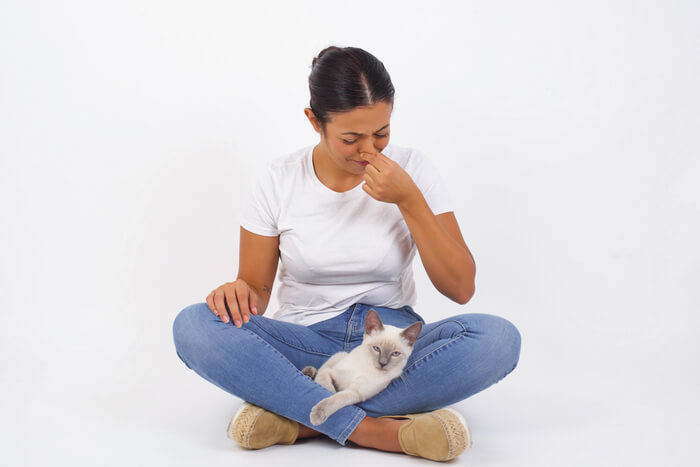
All mammals, including cats, have flatulence, which is simply defined as gas in the stomach, intestines, and colon. A small amount of intestinal gas is normal, but if you are noticing your cat passing excessive gas, excessively foul smelling gas, or if gas is accompanied by diarrhea, vomiting, weight loss, or loss of appetite, then it could indicate an underlying digestive problem that requires veterinary attention.
Quick Overview: Flatulence In Cats
 Urgency: Low
Urgency: Low
 Requires Vet Visit: No, if occasional or unless other digestive health issues are seen.
Requires Vet Visit: No, if occasional or unless other digestive health issues are seen.
 Seen in Cats: Sometimes
Seen in Cats: Sometimes
 May be Linked to: Intestinal parasites, dietary intolerance, bacterial overgrowth/imbalance, viral or bacterial infection, inflammatory bowel disease, malabsorptive conditions.
May be Linked to: Intestinal parasites, dietary intolerance, bacterial overgrowth/imbalance, viral or bacterial infection, inflammatory bowel disease, malabsorptive conditions.
 Treatment Options: Treatment depends on the underlying cause, but may include dewormers, antibiotics, fiber supplements, probiotics, and therapeutic diets.
Treatment Options: Treatment depends on the underlying cause, but may include dewormers, antibiotics, fiber supplements, probiotics, and therapeutic diets.
Do Cats Really Fart?
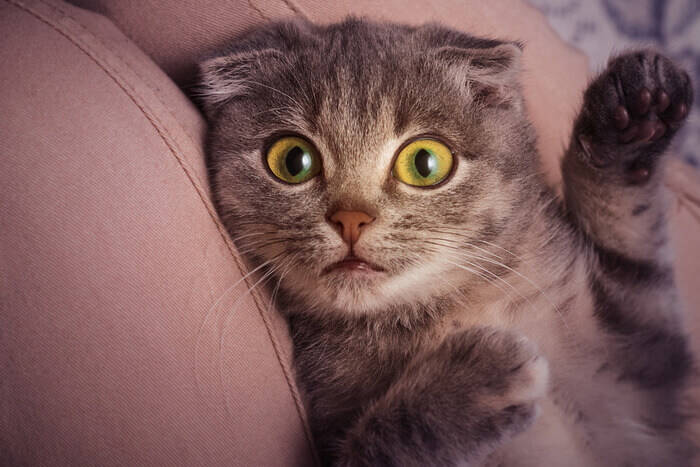
Like any animal with a gastrointestinal system and anus, cats are capable of farting.
In short, yes, cats fart. A fart is produced any time gas exits the gastrointestinal system, and since cats have a gastrointestinal system and an anus, they have all the parts necessary to produce a fart.
Causes of Flatulence in Cats
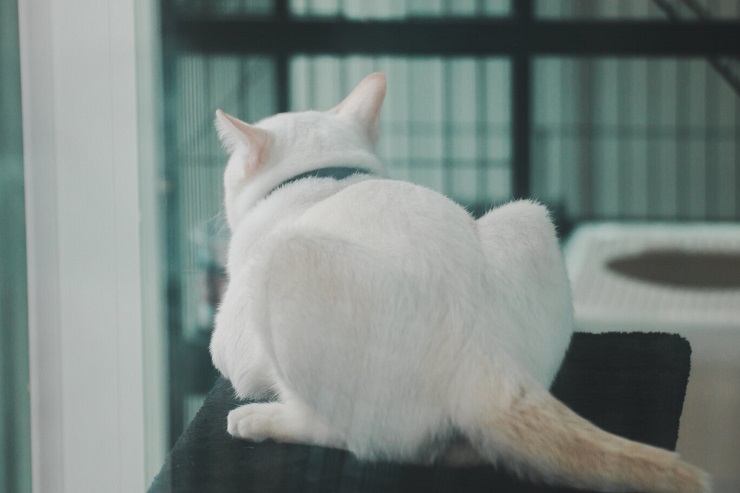
Flatulence is caused by a buildup of excess gas in the gastrointestinal system. There are many things that can cause gas buildup in the digestive tract of cats.
The following is a short list of things that can cause farting in the domestic cat:
1. Swallowing Air
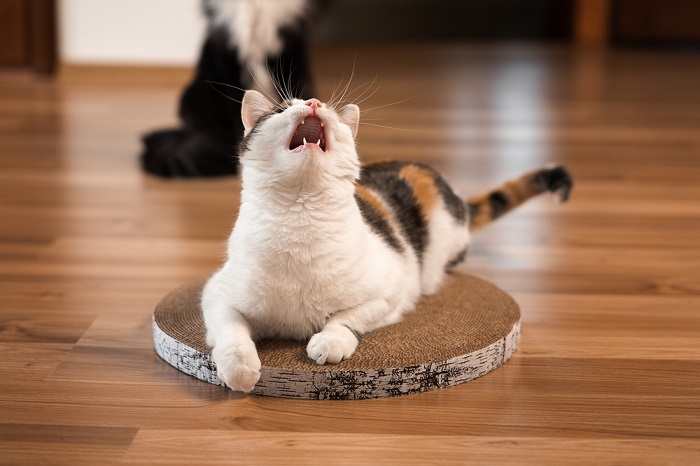
Cats that gobble their food too quickly or are suffering from a respiratory condition may be prone to passing gas.
2. Intestinal Parasites
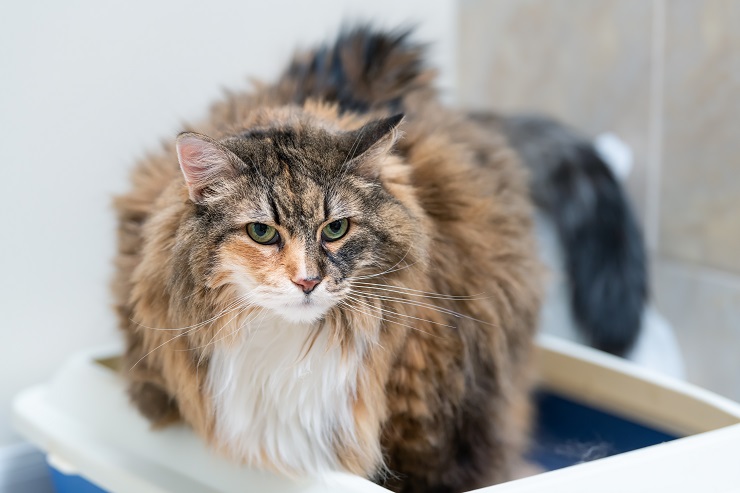
Intestinal worms, like hookworms or roundworms, and other intestinal parasites cause inflammation in the digestive system, which can result in an abnormal buildup of gas. Worms are more common in kittens and outdoor cats.
3. Ingredient Sensitivity
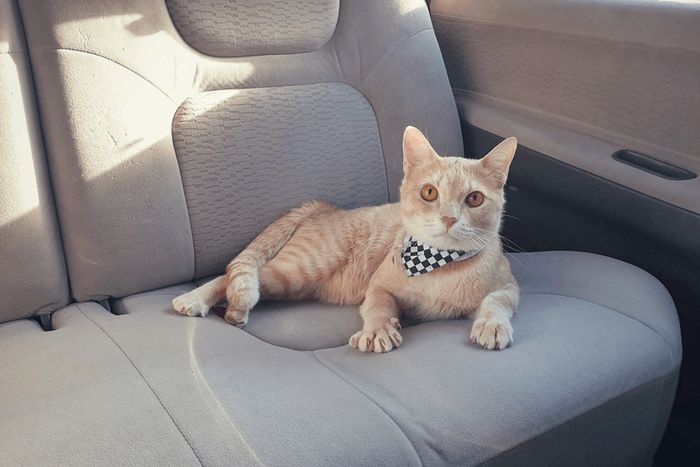
The problem could be your cat’s diet. Some cats have a hard time digesting the ingredients in their food. The most common food allergies in cats are chicken, eggs, dairy products, beef, pork, soy, and less common, corn and wheat. Despite the image of a cat drinking milk from a saucer, the fact is most cats are lactose intolerant.
Some cats are sensitive to dietary changes and may pass gas if you abruptly change their food. Furthermore, cats respond differently to fiber that is formulated into pet foods, and may not be able to process certain types or amounts of fiber.
If you notice your cat has excessive gas or other digestive issues, try changing to a cat food that does not contain any of the above ingredients or legumes like peas or chickpeas (which contribute to intestinal gas), has certified levels of probiotics that feed the digestive tract, and is certified to be complete and balanced by AAFCO.
Even better, ask your veterinarian for high-quality food recommendations. They have a wealth of nutritional knowledge and can recommend different types of food that just might reduce your cat’s gassy problem.
4. Other Health Issues
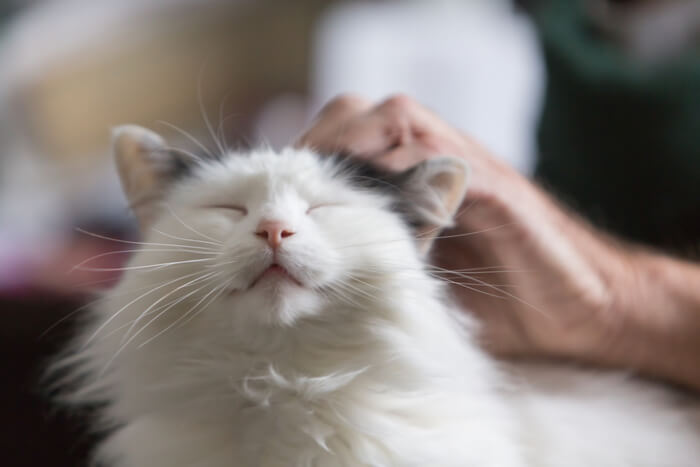
Disease either in a cat’s digestive system or elsewhere in the body can cause cat farting. Digestive tract diseases, such as inflammatory bowel disease, constipation, hairballs, GI lymphoma, pancreatitis, imbalances in gut bacteria, or other problems with gastrointestinal function can contribute to gas buildup. Other health problems, such as hormonal issues, liver disease, or stress can impact the digestive system and cause gas.
What To Do if Your Cat Is Farting Too Much?
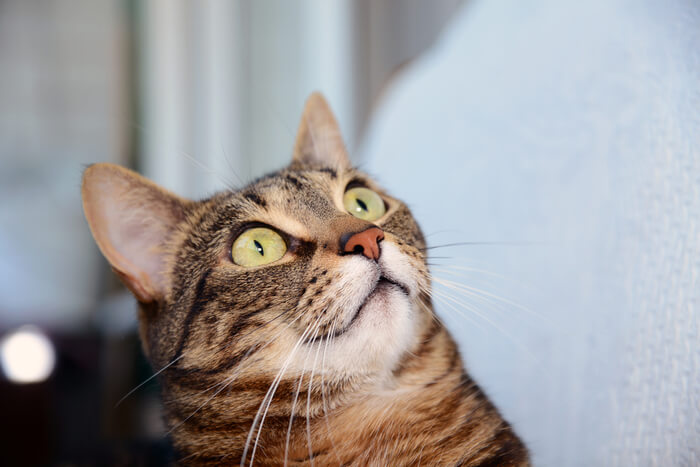
Excessive flatulence can indicate a variety of health issues, so if your cat seems to be farting too much, you should consider addressing the underlying causes of the flatulence.
If your cat is passing too much gas, then the first thing is to consult with your veterinarian. Take your cat for a check-up, and bring a fecal sample to check for intestinal parasites.
In addition to worms, your vet can check for parasites like Giardia and Tritrichomonasfoetus. If any other health issues are noticed during the visit, deal with them appropriately under the guidance of your veterinarian.
If your cat gobbles food too quickly, then you will need to feed your cat in such a way as to reduce that behavior. You can feed your cat on a flat surface, like a baking tray, or you can get a slow-feeder cat bowl.
If everything else checks out, now it is time to look at changing the food. Follow the ingredient recommendations listed above, and ensure that you are choosing a diet that is certified to be complete and balanced in accordance with AAFCO standards.
When switching your cat’s food, go slow – if you go too fast you can cause more problems! Mix in the new food slowly, and take 5-7 days to completely switch over to the new food.
Read More: Best Cat Food For Gassy Cats
Patience is key when determining whether a new diet will help, or not. Unless your cat does not do well with the new food (vomiting, diarrhea, or refusing to eat), you will need to feed the new food to your cat for a minimum of one month to see whether it will reduce farting.
While you are feeding your cat this new food, do not feed your cat anything else to eat including human food. Otherwise, you will not know if your cat is farting due to the new food, or due to the extra treats, you are providing.
If you do not notice any improvement after one month, then the new food is likely not going to help. In this case, talk to your veterinarian about a therapeutic cat food that is specifically formulated to reduce gas and promote healthy digestion in sensitive cats.
Also Read: Best Cat Food For Sensitive Stomach
While farting is rarely a life-threatening condition, it does indicate that your cat’s body is functioning less than optimally. So light a scented candle, and know that there are things that can help your cat be less gassy and help your world smell a little better.
Frequently Asked Questions
Why do cats fart smell so bad?
Cats are obligate carnivores, and it is a well established fact that carnivore intestinal gas has a different, more pungent odor than herbivores. If you are noticing excessive gas, or if the farts are accompanied by other symptoms, such as vomiting, diarrhea, weight loss, then it could indicate an underlying problem. Digestive issues, sensitivity to ingredients, intestinal parasites, and other health conditions can all contribute to excessive gas - if you are concerned, please consult with your local veterinarian.
Do house cats pass gas?
All mammals, including cats, pass gas. A small amount of intestinal gas is normal, but if you are noticing excessive gas, excessively foul smelling gas, or if gas is accompanied by diarrhea, vomiting, weight loss, or loss of appetite, then it could indicate an underlying problem that requires veterinary attention.
Is it normal for a cat to fart a lot?
It is normal for cats to pass a small amount of gas, but if you are noticing excessive gas, excessively foul smelling gas, or if gas is accompanied by diarrhea, vomiting, weight loss, or loss of appetite, then it could indicate an underlying problem that requires veterinary attention.



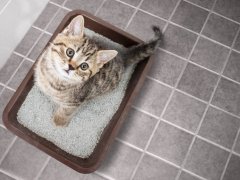
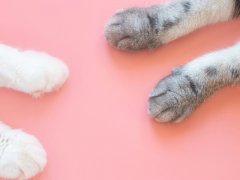
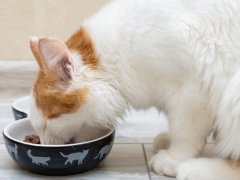
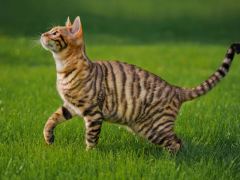
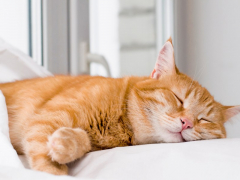
Is there any way to treat it in the immediate term? Like probiotics?
Hi Susan, yes! You can change to a lower-fiber, highly-digestible diet, feed smaller portions, provide a slow feeder to slow down your cat’s eating, and make sure your cat gets plenty of exercise each day. Probiotics may also help. Wishing you all the best!